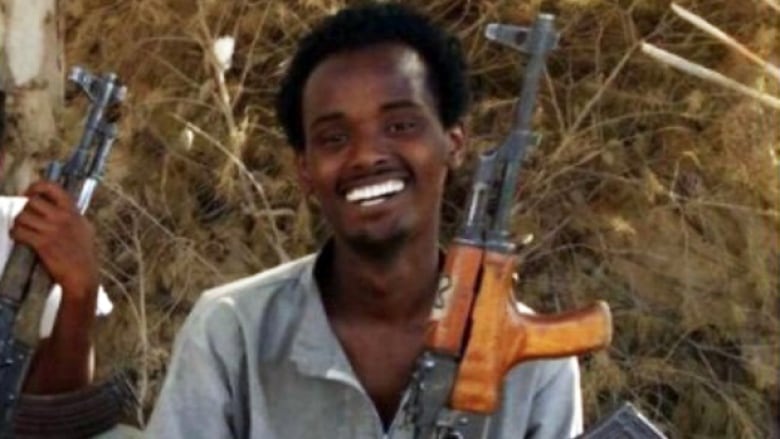Are Canadian Muslims obliged to denounce ISIS?
How can individual Muslims foster understanding and dispel fears of Islam?

Asma Maryam Ali is a mental health counsellor and social justice activist residing in Hamilton.

Last August, a friend at my Tae Kwon Do club asked me if I support ISIS.
I was taken aback.
This friend has known me for ten years, both in and out of the club; he knows my values, goals and interests, and they don’t reflect those of ISIS. So where did the question come from?
He had been reading about instances of ISIS recruiting Canadian Muslims, and because I identify as Muslim, he was fearful that I might have been influenced by ISIS too.
From my point of view, this fear is unwarranted. Most Canadian Muslims disagree with ISIS ideology and find their actions atrocious.
With regards to recruitment, ISIS and other extremist groups have recruited a very small number of Canadian Muslims in the last decade. It makes no sense to assume that the majority of Muslims will suddenly fall under their influence.
It makes no sense to assume that the majority of Muslims will suddenly fall under their influence.- Asma Maryam Ali
The reality, however, is that ISIS has managed to truly terrorize people in Canada and other parts of the world with its heinous crimes against innocent people and its threats to harm those who oppose it, including Canadians.
The thought that this gravely misguided group may be recruiting on our soil is truly alarming. So I can see how Canadians may be very wary about the spread of ISIS in Canada.
Rather than giving ourselves over to fear and misconceptions, we should be addressing our fears head on, and everyone has a role to play in this regard.
Dispelling Fear
The simplest thing anyone can do is resolve questions and prejudices they may have about the relationship between ISIS-type groups, Islam and Muslims. Find a Muslim or a Muslim organization and ask your questions. Keep asking, because one opinion is just that, and doesn’t represent all Muslims.
- Read more: Hamilton youth reported killed as ISIS fighter 'not the son they knew'
- Read More: Hamilton Muslim community looks to understand path to ISIS
If you belong to a religious group, encourage interfaith dialogue between your centre and a Muslim centre.
Muslim groups can speak out against ISIS in order to dispel fears. The Canadian Council of Imams (CCI), the National Council of Canadian Muslims (NCCM), and the Muslim Council of Greater Hamilton (MCGH) have all released statements condemning ISIS and any forms of extremism and violence. In late November, the Muslim Students’ Association (MSA) at McMaster University will be holding a campus-wide event to present the MSA’s perspective on ISIS’s actions.
These are all great ways to put fellow Canadians at ease about ISIS threats.
Need to prove innocence?
Not all Muslims agree with issuing statements and holding events in response to ISIS’s actions. Some argue that doing so supports the assumption that Islam as a religion or Muslims in general are responsible for what individual Muslims do, and that Muslims must always distinguish themselves from extremist acts in order to prove themselves innocent of those acts.
This point is of such concern to Muslims that it’s being widely debated on social media, particularly through the Twitter campaign #NotinMyName and its parody, #MuslimApologies.
The former distinguishes ISIS and its actions from other Muslims, and the latter insists that there is no need to defend Muslims and Islam against ISIS’s actions (i.e. “apologize” for what others are doing).
A time to speak out
I can see how problematic it would be for Muslims to continuously feel obliged to distinguish themselves from extremists. Not only would it place a responsibility on their shoulders that is not theirs to bear, it can place Muslims in a position of “guilty until proven innocent” which undermines their integrity and could potentially erode their rights.
At the same time, I believe that there are times when speaking out against extremists is necessary in order to dispel unnecessary fears, promote a better understanding of religions between people and protect innocent Muslims from hate crimes perpetrated by people lashing out against extremists.
I think this is one of those times for Canada.
Do you have something to say on an important local issue? Do you want to foster debate on an issue or start a community conversation? Send us your intelligent commentary and opinion on topical Hamilton issues. We will publish 500-600 word submissions or post your 1 minute video commentary on our website. hamilton@cbc.ca.